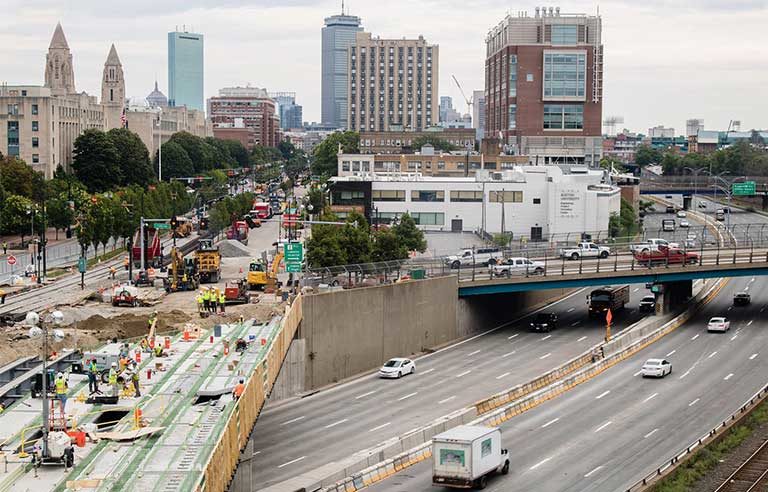Boston — The rate of opioid-related overdose deaths amongst Massachusetts employees in 2016 and 2017 rose 83.7% over the earlier five-year interval, with construction and agricultural occupations experiencing dramatic jumps, in keeping with a current report from the state’s Division of Public Well being.
Researchers examined data from the death certificates of 3,354 Massachusetts residents (2,651 men and 703 girls) who died from opioid-related overdoses between 2016 and 2017 and for whom data listed an occupation or {industry} classification.
Findings present that the rate of opioid-related overdose deaths for all occupations was 46.1 per 100,000 employees – up from 25.1 between 2011 and 2015, a interval for which the department released a study in August 2018.
Though employees in eight {industry} sectors experienced fatality rates higher than the rate for all employees, those employed in construction (228.9 deaths per 100,000 workers) in addition to agriculture, forestry, fishing and hunting (220.8) had a markedly greater risk. Overall, the rate for agricultural workers increased 105.4% from the 2011-2015 study period, whereas the rate for construction employees rose 83.3%.
The other occupations with opioid-related overdose fatality rates higher than the rate for all employees:
- Administrative and support and waste management services (82 deaths per 100,000 staff)
- Transportation and warehousing (75.3)
- Accommodation and food services (74.5)
- Other services, besides public administration (66.8)
- Arts, entertainment and recreation (52.9)
- Utilities (47.9)
“These findings demonstrate the continued need for education and interventions that are aimed at high-risk worker populations in order to prevent opioid-related overdose morbidity and mortality,” the researchers mentioned. “The workplace provides a venue for the primary prevention of injuries, as well as a place where workers can receive education on safer alternatives for the treatment of pain and evidence-based treatment for opioid use disorders.”
In a press release from the Massachusetts Coalition for Occupational Safety and Health, the worker advocacy group calls on policymakers to allocate funds to “workplace prevention and recovery strategies” as well as packages supposed to help employees with opioid misuse problems.
“It is clear that work can be both a pathway to opioid use and addiction as well as a pathway to recovery,” MassCOSH Executive Director Jodi Sugerman-Brozan stated. “We must do all we can to prevent the kinds of injury, stress and pain that lead workers to opioid use and help them get the recovery services they need when it does happen.”



